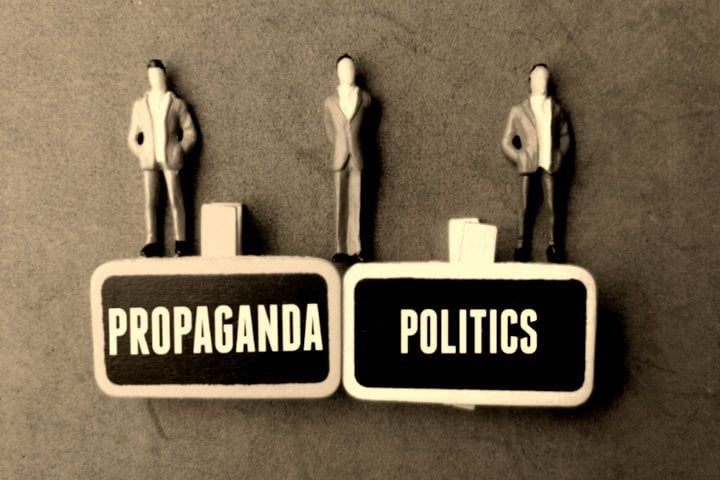Concepts of Public Relations (PR)
In the world of communication and reputation management, the principles of public relations serve as a guiding light for professionals in the field. These principles are essential for building and maintaining positive relationships between organisations and their target audiences.
In This Article
Before discussing the various principles of public relations, let’s define public relations first.
Public relations may be defined as the deliberate, planned, and sustained effort to establish and maintain mutual understanding between the organisation and its various publics.
PR practitioners communicate with all relevant internal and external publics to develop relationships and create consistency between organisational goals and societal expectations.


The word ‘publics’ includes “employees, shareholders, future employees, bureaucracy, opinion makers, financial institutions, local and national government and administration, media, wholesalers, dealers, consumers, special interest groups, the community, and the public at large.
PR has three major aims:
- To change hostile public opinion
- To shape up unformed public opinion
- To conserve positive public opinion
PR and Public Opinion
- Public opinion works as a barometer of PR practices.
- Public opinion provides a psychological environment in which organisations prosper or perish.
- PR practitioners keep a close watch on public opinion and make, alter, and implement policies and programmes accordingly.
- Each organisation has certain core competencies, which may be unique to it. PR practitioners use these competencies in favour of organisations.
Key Steps For Positive Public Opinion
- Understanding the core values and competencies of the organisation
- To identify various stakeholders and the public
- To understand the communication needs of various publics
- Scanning environment and keeping the organisation in tune with the latest
- Decide on the best cost-effective media to reach out to public
- To create a distinct corporate identity for the organisation
- Helping in creating an environment of trust and understanding

Principles of Public Relations
Transparency
Transparency is one of the core ideas of public relations. Becoming transparent and truthful is essential to building trust with stakeholders. Organisations may establish trust and sustain robust connections with their target audiences by being open and honest about their actions, choices, and motivations. Read about the Delhi Metro Rail Corporation (DMRC) case study to learn their transparent PR practices.
Strategic Planning
Strategic planning is another important idea in the PR domain. Professionals in public relations need to carefully prepare their communication strategies that align with the goals and objectives of their organisations. To effectively reach the intended audience, this requires carrying out research, determining target audiences, developing important messaging, and choosing the right channels.
Building Mutually Beneficial Relationships
Another fundamental idea in public relations is fostering mutually beneficial relationships. It requires being aware of and making an effort to meet the needs and expectations of stakeholders. Organisations may listen to comments, resolve issues, and create enduring bonds based on mutual respect and trust by having two-way communication.


Ethical Practice
Furthermore, an essential principle of public relations is ethical behaviour. Professionals handling confidential information or using persuasive communication strategies are required to uphold the highest ethical standards. By upholding integrity, organisations ensure their reputation management as well as their responsibility towards stakeholders.
Evaluation of Public Relations Campaigns
Finally, an effective public relations effort depends heavily on evaluation. It is important to evaluate the effectiveness of communication efforts and find opportunities for development by tracking and assessing their impact. The evaluation shows the value that public relations adds to an organisation and helps improve tactics for future campaigns.




